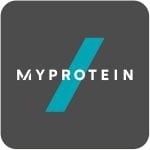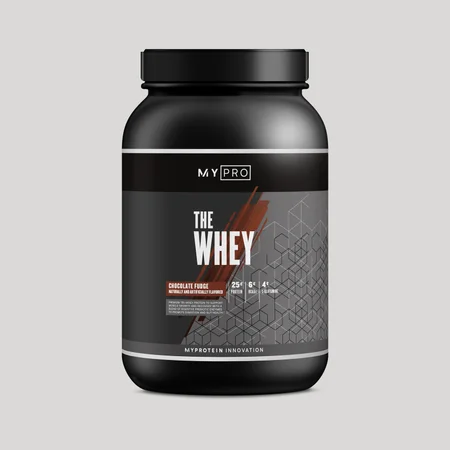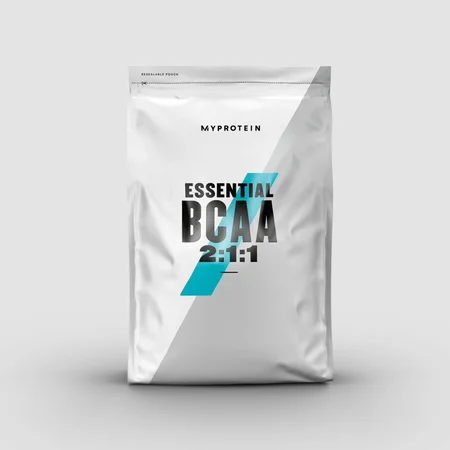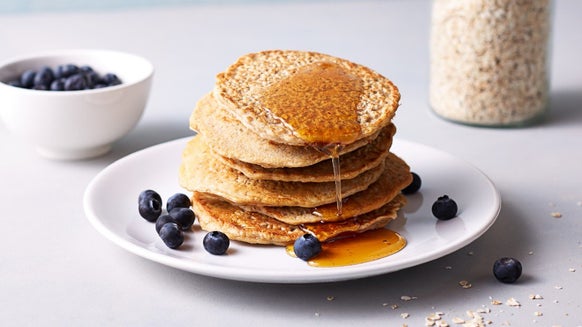
Dairy products such as cheese are often packed full of protein (and fat), but what exactly is milk protein? Most protein shakes on the market are milk protein based, so it is important to understand all about this important protein source, which makes up a high percentage of the protein in most Americans daily diet.
What Are The Main Proteins in Milk?
The mains proteins in milk are Whey Protein and Casein.
Whey Protein is the main ingredient in most protein powders on the market today. Whey is a fast absorbing protein, making it ideal to consume post workout to help aid muscle recovery and subsequently growth.
Casein has different advantages to Whey. Casein is known for its slow absorption rate. This means that consuming casein supply's the body with a slow release protein source for an extended period of time. This makes it a great source of protein to consume if you know you're going to be unable to eat for a long time.
Casein is known as the 'bedtime protein' because it is best to consume casein around 20-30 minutes before going to bed. When sleeping you won't be eating and this starves your body from the resources it needs to help your muscles recover. Consuming a casein shake before bed means that your body will be fueled by a slow release protein source as your sleep, helping to aid recovery and muscle growth.

Milk Protein & Fat
If you're working out and training hard then you will be breaking down muscle fibers, and these muscle fibers need protein to repair and grow.
Milk products are a great source of protein, but they are also normally high in fat. For example, cheese, yogurt and milk all contain high percentages of fat, and this can be damaging for anyone looking to lose fat and gain lean muscle.
This is where milk protein supplements come in. In the manufacturing of Whey Protein and Casein the high percentage of fat is removed from the product. This means that the protein content remains high and the fat content low.
Let's take a look at the nutritional information of Impact Whey Protein. This protein powder contains 80% protein per serving. In a 25 g serving this means protein content is 20 g and fat is only 1.5 g.
If you ate 25 g of cheese, then the average amount of fat you'd be consuming would be 8 g, and protein content would only be 6 g. When you look at the stats it becomes obvious that milk based proteins are extremely advantageous when it comes to putting on lean muscle.
Low fat content becomes even more important if you want to consume a protein source before bed. So let's consider the nutritional information of Micellar Casein. One 30 g serving of this product delivers 24 g of protein and again only 1.5 g of fat. This provides the body with a great source of slow release protein to recover as you sleep.
Milk protein supplements can be a great way to consume enough protein to aid muscle recovery and growth, without consuming high amounts of fat.

Whey or Casein?
The likelihood is that if you're already going to the gym then you're already taking a Whey Protein based shake. But maybe you haven't considered the benefits Casein could have for your muscle recovery and growth. So what Casein products should you be considering?
This milk based protein provides a long lasting protein source throughout the day and at night if consumed before bed. It consists of a 4: 1 ratio of casein and whey protein to provide the best of what both milk based proteins have to offer.
Milk Protein Smooth contains 78% Micellar Casein ensuring slow digestion over a prolonged period of time. Take one serving before bed to help aid your recovery.
We've already mentioned this product, so you know it is perfect for pre bedtime consumption to help aid recovery and muscle growth as you sleep. This protein has a complete amino acid profile and contains BCAAs to aid protein synthesis. This can really benefit your recovery process allowing you to train harder and more frequently.
So, Whey or Casein? The answer is to use both. Factor both into your daily diet. Whey can be consumed at anytime of the day, but most importantly you should have a Whey Protein shake post workout to optimize recovery through fast absorption. You should then have a Casein shake before bed to aid recovery as you sleep.

Milk Protein and Dairy Intolerance
If you're dairy/lactose intolerant then you will not be able to consume milk based proteins. But this does not mean that there aren't protein powders out there for you. There are plenty of plant based protein powders for anyone who suffers from lactose intolerance. Here are a few of the best:
With 24 g protein content per serving (30 g), 3 g of carbs and only 0.3 g of fat this is a great milk protein alternative, which can be consumed at any point during the day.
With 26.4 g of protein per serving (30 g) and only 0.3 g of carbs this a great protein source for anyone looking to put on lean muscle without putting on fat. Fat content is only 0.9 g per serving.
Take Home Message
Milk protein is the basis of most protein shakes on the sports nutrition market today. Whey and Casein provide the perfect protein sources to help aid muscle recovery and growth. The only issue is if you're lactose intolerant, but as mentioned there are alternatives for you if you are.












